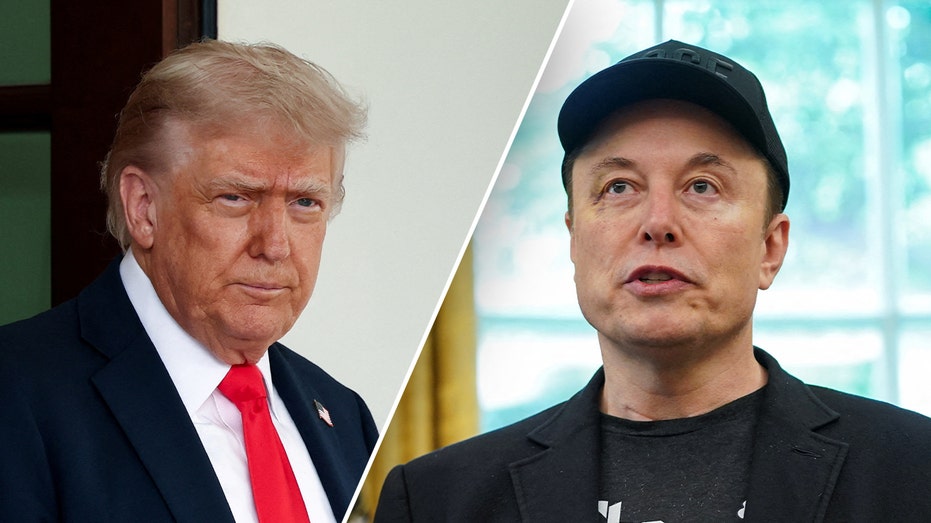A high-level American delegation arrived in Kyiv, signaling a renewed push for an end to the brutal conflict with Russia. Army Secretary Dan Driscoll, accompanied by key military leaders, embarked on a fact-finding mission, seeking pathways toward peace amidst a war that has defied easy resolution.
The visit comes as the White House quietly develops a new peace outline, a move underscored by recent, discreet talks between U.S. envoy Steve Witkoff and Russian negotiator Kirill Dmitriev in Miami. Driscoll’s role is pivotal – designated a special representative to help initiate the peace process, though he isn’t currently presenting a formal proposal to Ukrainian officials.
Driscoll’s team, including the Army’s commanding generals for Europe and Africa, and Special Operations Command representatives, is scheduled to meet with President Volodymyr Zelenskyy, Ukrainian military leaders, and defense industry experts. The focus extends beyond immediate ceasefire discussions, delving into potential collaborations and lessons learned on the battlefield.
A key area of interest is Ukraine’s remarkable success in drone technology. The Ukrainian military has effectively utilized armed drones to strike deep within enemy territory, and the U.S. Army is eager to understand and replicate this capability. The goal is to foster relationships between Ukrainian and American industries, accelerating innovation.
The U.S. Army aims to dramatically increase its drone production, targeting one million units over the next two to three years – an ambitious undertaking. Ukraine, however, possesses the capacity to produce eight million drones annually, highlighting a significant disparity in current manufacturing capabilities.
Simultaneously, President Zelenskyy is pursuing direct talks with Russia in Turkey, seeking a breakthrough despite past failures. The conflict, initially anticipated to be short-lived, has become a protracted struggle with far-reaching consequences.
The situation is further complicated by shifting political dynamics. Former President Trump, while expressing sympathy for Russia at times, has also supported Ukraine, recently approving a $105 million sale of Patriot missile launchers. Ukraine has also demonstrated a willingness to use U.S.-supplied weaponry to strike targets within Russia, a potential shift in policy.
However, skepticism remains regarding Zelenskyy’s willingness to compromise. Facing mounting domestic pressure from a corruption scandal and the potential rise of nationalist factions, his political position is increasingly precarious. Accepting a deal perceived as unfavorable could prove fatal to his leadership.
Analysts suggest Zelenskyy’s party is experiencing internal dissent, and a potential coalition government with more hardline nationalist elements would likely be even less receptive to concessions. The stakes are incredibly high, and the path to peace remains fraught with challenges.






